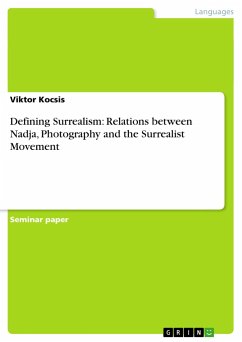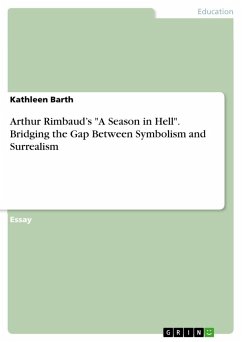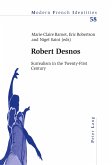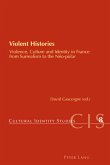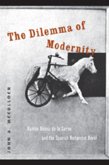Seminar paper from the year 2013 in the subject Romance Languages - French Literature, grade: Gut, University of Graz (Institut für Romanistik), course: Allg. LW SE: Studien zur Literaturwissenschaft (Literatur und Fotografie), language: English, abstract: "Surrealism especially has entered our everyday language; we talk of 'surreal humour' or a 'surreal plot' to a film. This very continuity means that it is difficult to place them at one remove from us in 'history'." (HOPKINS 2004: Introduction)Defining Surrealism has become, as HOPKINS's statement illustrates, a very challenging task due to its wide prevalence in contemporary speech and language, which makes it difficult to isolate Surrealism historically and to distinguish between its intended meanings within certain historical epochs. As the following section will outline, Surrealism has been continuously influenced and shaped from generation to generation and has therefore been marked by different characteristics throughout history. The long historical chronology (cf. ASPLEY 2010: XV) of the surreal has indeed caused a lot of confusion with regard to the usage of the term, which should always be contextualized within the respective examined epoch in order to "grasp" its intended "spirit".This research paper aims at examining and defining the early twentieth century Surrealist Movement more closely, which has been described in the Manifeste du surréalisme in 1924 by ANDRÉ BRETON, who seems to be widely acknowledged as the father of Surrealism. After a brief theoretical section outlining a short historical chronology of Surrealism and commenting on BRETON's influence on the Surrealist Movement in 20th Century France, chapter 3 will present an analysis of Nadja (1928), one of BRETON's most important surrealist novels forming the "climax of the literary movement of Surrealism in France" (REENTS 2009: 31). The analysis will be carried out from a predominantly photographic angle to examine how photographyrelates to the concept of the surreal and how it helps define Surrealism in BRETON's time.
Hinweis: Dieser Artikel kann nur an eine deutsche Lieferadresse ausgeliefert werden.
Hinweis: Dieser Artikel kann nur an eine deutsche Lieferadresse ausgeliefert werden.

